Moderator
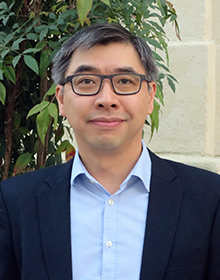
Tom Soo
Tom Soo is a senior executive in water resources management with over 20 years of international experience in leadership, management, institutional development and technical expertise. He was previously Executive Director of the World Water Council and the International Water Resources Association. He also has a background in consulting to international institutions, public authorities, academia, as well as private industry. Tom’s focus areas have included water quality; strengthening the link between knowledge generation and policy making; institutional arrangements; building networks between private industry, research and government stakeholders; as well as strategy, policy and technical expertise in the field of water and natural resources. He holds a research masters degree in geography and also has a degree in computer systems engineering. Over the years, Tom has participated in numerous international committees and task forces. He currently chairs the International Advisory Committee of the UNSW Global Water Institute and also serves on the Executive Board of the IWRA.
Welcome Remarks
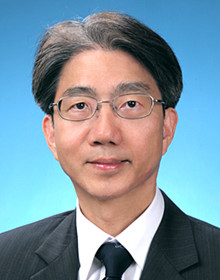
Joseph H.W. Lee
Prof. Lee grew up and attended high school in Hong Kong. In 1969 he went to USA on a scholarship from the Massachusetts Institute of Technology (MIT) where he obtained his BSc, MSc and PhD degrees in Civil Engineering (1969-1977). For his postgraduate studies he conducted research in environmental hydromechanics under the supervision of Professor Donald R. F. Harleman and Professor Gerhard H. Jirka. After three years of teaching as Assistant Professor of Civil Engineering at the University of Delaware he joined University of Hong Kong (HKU) as a Lecturer in 1980, where he rose through the ranks (Senior Lecturer: 1987-1991; Reader: 1992-1994) to Redmond Chair Professor of Civil Engineering in 1995. At HKU, he was Dean of Engineering from 2000 to 2003, and Pro-Vice-Chancellor and Vice-President (Staffing) from 2004-2010. He took office as Vice-President for Research and Graduate Studies at the Hong Kong University of Science and Technology (HKUST) in November 2010 and served in that capacity for six years. He was Chair Professor of Civil and Environmental Engineering (2010-2018) and Elman Family Professor of Engineering and Public Policy (2017-18). He is Senior Advisor to the President and Chair Professor of the Guangzhou Fok Ying Tung Research Institute of HKUST.
During his academic career in Hong Kong he held various visiting appointments: as a Commonwealth Academic Staff Fellow at Imperial College of Science and Technology, London (1985-86), Alexander von Humboldt Research Fellow at the Institute of Hydromechanics at the University of Karlsruhe (1992-93), and Erskine Fellow at the University of Canterbury, Christchurch, New Zealand (1998).
Introduction
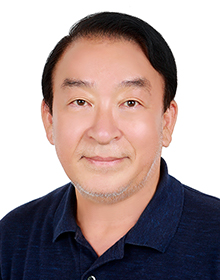
Hyoseop Woo
Dr. Woo is currently the vice president of IAHR. He is a professor of School of Environmental Engineering at Gwangju Institute of Science and Technology (GIST). As researcher and professional engineer, he had worked, before he joined GIST, at Korea Institute of Civil Engineering and Building Technology (KICT, the largest public research institute on infrastructures in Korea employing about 800 employees and managing about $ 140 million annual budget) for 27 years including president-ship of that institute for the last three years (2011-2014). He also worked as co-chair of the Thematic Process Commission as well as member of the International Steering Committee at the 7th World Water Forum in 2015.
Dr. Woo authored more than 200 scientific contributions including one college textbook (in Korean), two book chapters (in English) and five co-authored books and manuals (in Korean), two co-translated books (into Korean), more than 60 refereed journal articles (21 English and 44 in Korean), more than 130 conference papers (60 in English and 71 in Korean). He has also completed 5 national R&D projects and 18 academic and engineering projects and published corresponding reports, respectively.
Speakers
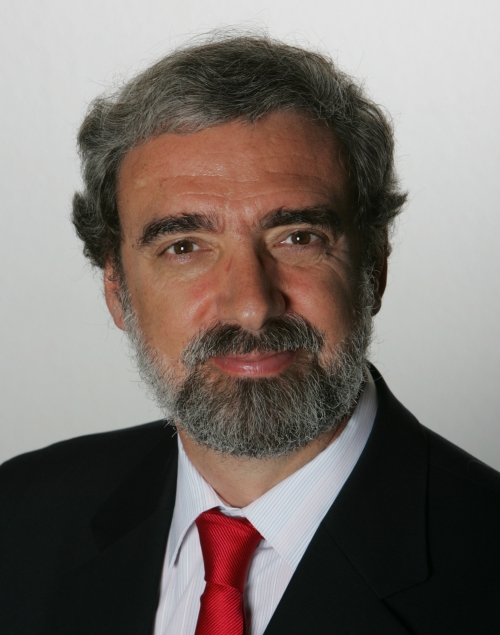
Jon Lane
Jon Lane is a British civil engineer who has worked since the late 1980s in water and sanitation for poor people in developing countries. He was Chief Executive of RedR from 1991 to 1994 and of WaterAid from 1994 to 1999, during which time it received the Stockholm Water Prize in 1995. From 2007 to 2012 he was Executive Director of the Water Supply and Sanitation Collaborative Council, and led its creation of the Global Sanitation Fund. Currently he works mainly as the Chair of the Scientific Programme Committee of World Water Week in Stockholm. He has advised and worked with many leading organisations in this sector, has chaired or served on various committees, and has contributed to many publications and conferences. Ho co-founded WINZ, the Water Initiative for Net Zero, in 2021.
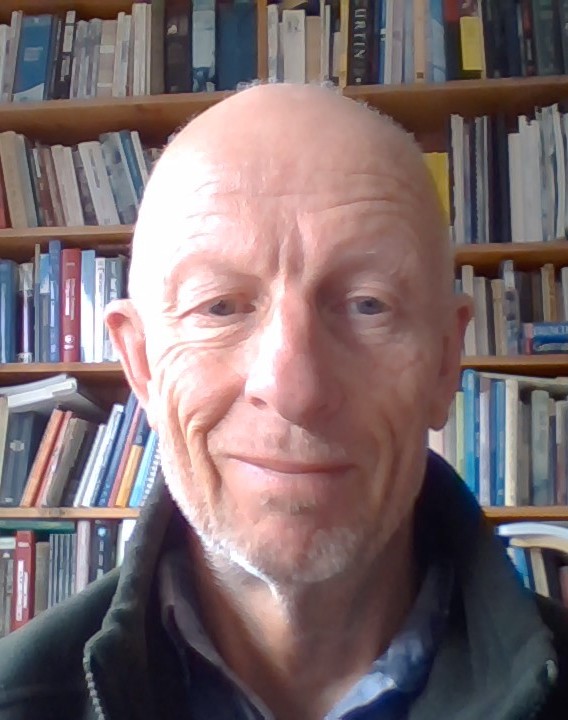
Tony Slatyer
Tony Slatyer is a Consultant on Water Policy and Governance and founding member of Water Policy Group. He is currently engaged as Special Adviser on Water to the Australian Government Department of Foreign Affairs and Trade (DFAT), and as Water Policy and Strategy Adviser to the World Meteorological Organisation (WMO). He is also a member of the Advisers Group to the High Level Leaders and Experts Group on Water and Disasters (HELP). His professional background is as a senior official in the Australian Government.
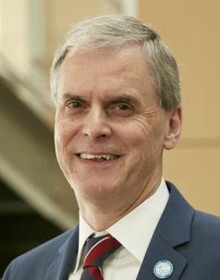
Peter Goodwin
Dr. Peter Goodwin is professor and president of the University of Maryland Center for Environmental Science. He is an internationally recognized expert in ecosystem restoration, ecohydraulics, and enhancement of river, wetland and estuarine systems, and he has spent 30 years in higher education. He has participated in the river restoration, coastal wetland sustainability, flood control, and sediment management projects around the world, including Chile and Guatemala, and estuarine and tidal wetland restoration projects on the East, Gulf, and West Coasts of the United States, from Delaware Bay to California.
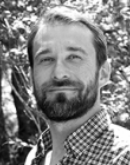
Francois Floccard
Dr Francois Flocard is an expert in the field of renewable ocean wave energy; he has managed the installation of a 250 kW pilot device in Victoria and led several large studies related to wave dynamics and wave energy conversion processes over the last 15 years. He has also worked on projects in the fields of coastal hazards, coastal structures, climate change adaptation, physical and numerical modelling, and coastal monitoring. Francois is actively involved in collaborative research work (author of over 20 peer-reviewed publications) related to the assessment of climate change effects in the coastal zone as well as innovative coastal protection solutions and wave energy.
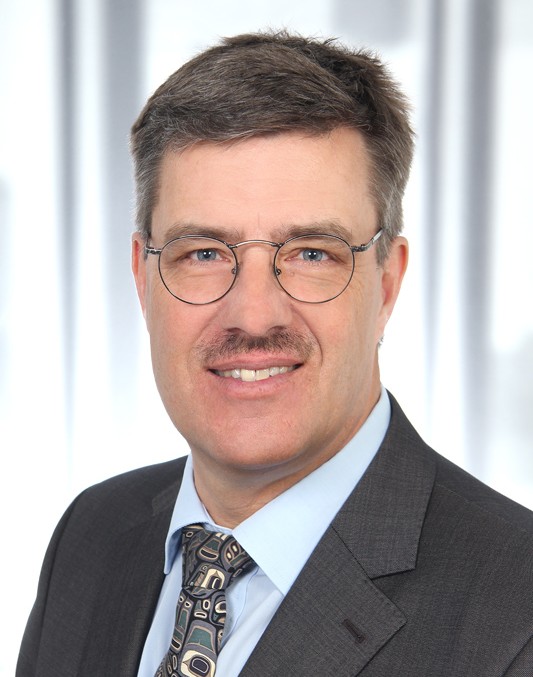
Stefan Riedelbauch
Prof. Dr.-Ing. Stefan Riedelbauch graduated in Mechanical Engineering at the Technical University of Munich, Germany in 1986. He then worked at the German Aerospace Center (DLR) in Goettingen on Hypersonic Aerodynamics and obtained his PhD at the Technical University of Munich in 1991. During the next 18 years, he worked with Voith Hydro and has been involved in different technical activities and positions. In 2010, he became Professor and is currently Director of the Institute of Fluid Mechanics and Hydraulic Machinery at the University of Stuttgart, Germany. The activities of the Institute are primarily dedicated to questions related to all kinds of hydro power technology.
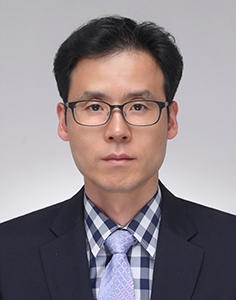
Ogeuk Kwon
Mr. Ogeuk Kwon is General Manager of Global Planning & Engeering Dept.(Head Office) of K-water, Korea. He received his bachelor degree of Electrical Engineering in Yeungnam University, 1999. He got his master degree of Electrical Engineering in Arizona State University, 2011. And currently he is studying his Ph. D degree of Electrical Engineering in Chung-Nam University. His major fields of research activities are operating & maintenance of hydropower plants and research on floating PV. He have electrical engineer licenses both in USA and Korea. And he also have licenses of professional engineer of generation, transmission and distribution in Korea.
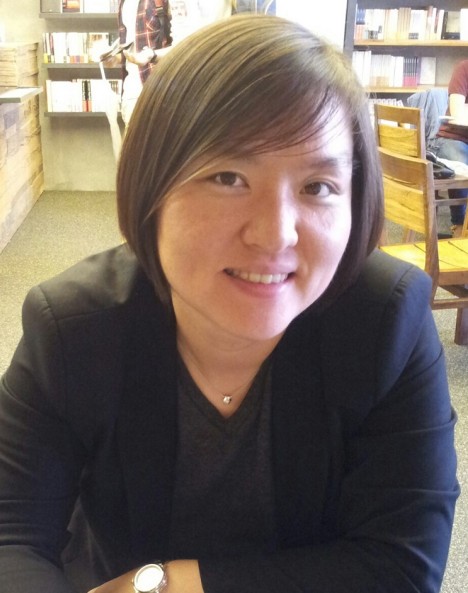
Un Ji
Dr. Un Ji received her Ph.D. degree in Civil Engineering at Colorado State University in 2006. She was a postdoctoral fellow and a research professor at Myongji University in Korea before starting her career at Korea Institute of Civil Engineering and Building Technology (KICT) as a research fellow in 2012 and also at the University of Science and Technology (UST) in Korea as a professor in 2015. Dr. Ji’s research activities focus on sediment transport and morphological changes in streamflow. Her recent research projects have investigated the interaction between flow, vegetation, and morphological changes in vegetated channels based on the stream scale experiment facility of KICT River Experiment Center (REC). The fundamental and applied research has been supported by the National Research Foundation, Korea Agency for Infrastructure Technology Advancement, Ministry of Environment, and Ministry of Science and ICT in Korea. Dr. Ji is widely recognized as an expert in river hydraulics and engineering since he actively engaged in diverse water-related activities such as the National Water Resources Management Committee and the Regional Stream Management Committee.